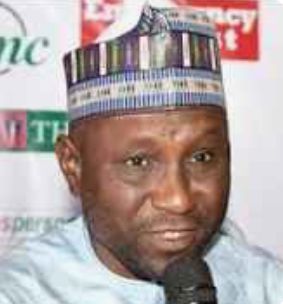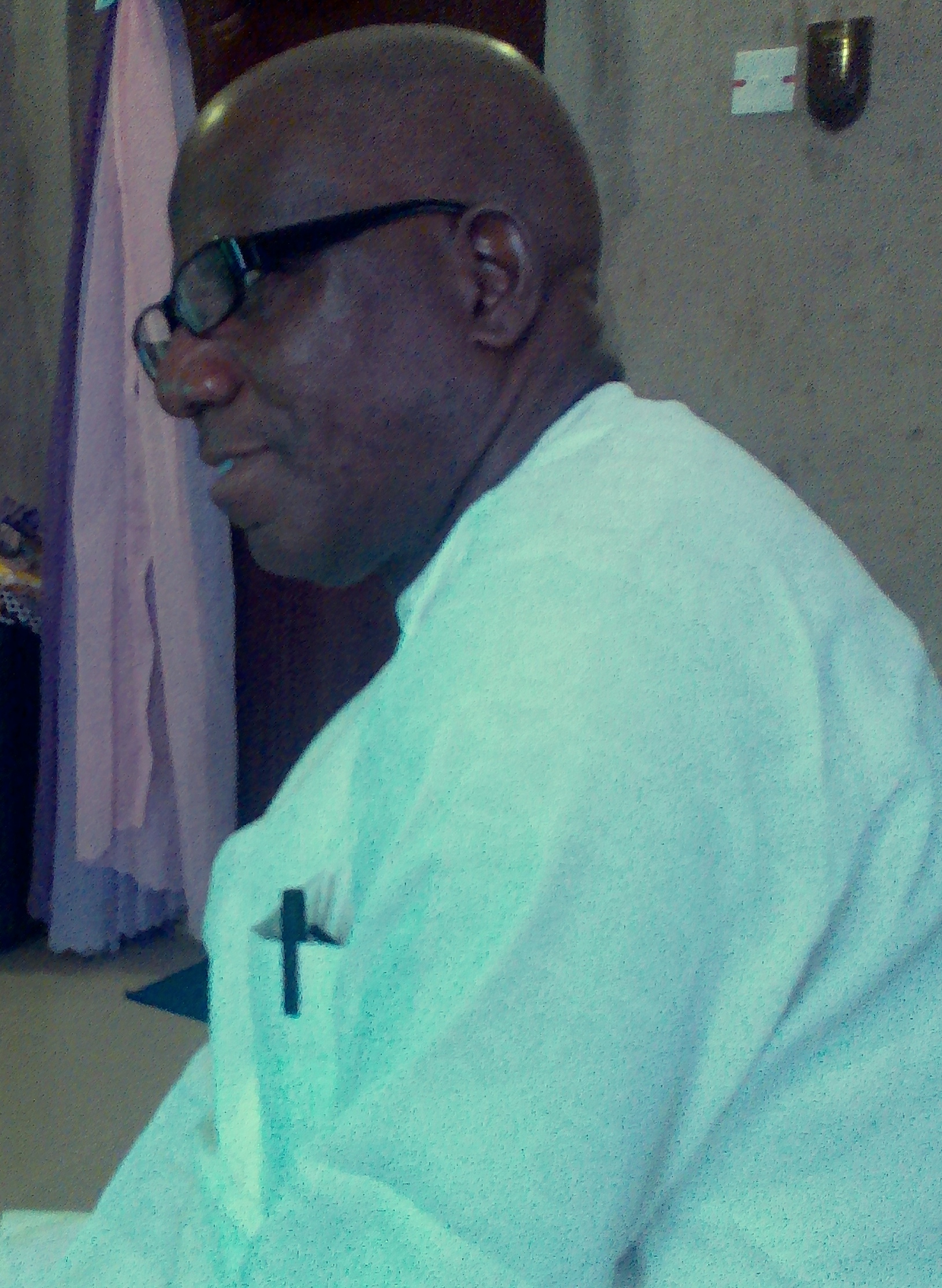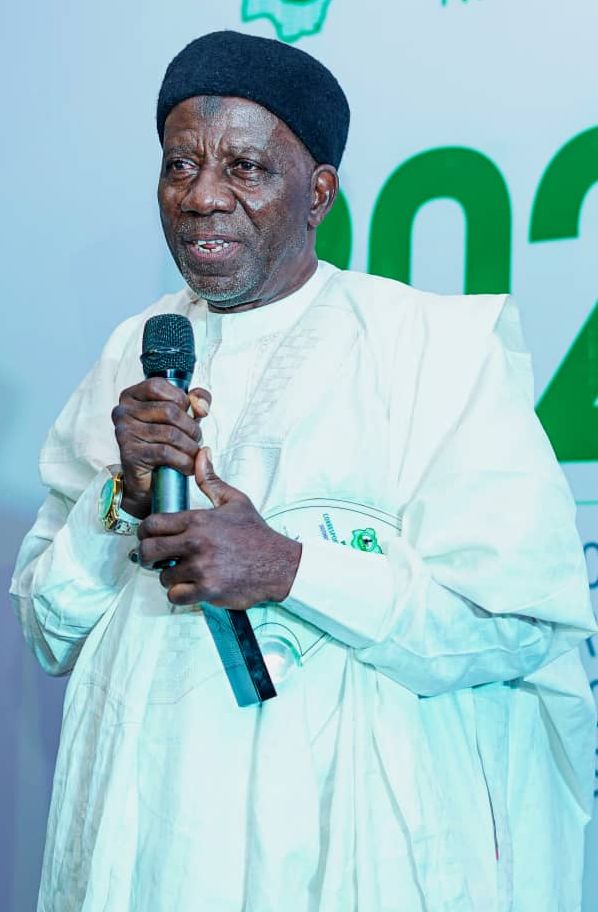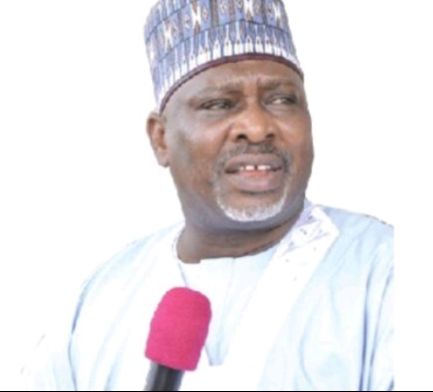CBN Celebrates As Nigeria’s Purchasing Managers’ Index Hits 57.6 Points

The Central Bank of Nigeria (CBN) has rolled out drums to celebrate the upward movement of the country’s Purchasing Managers’ Index (PMI) attained over 50-point expansion threshold strengthening domestic
economic activity in December 2025.
According to the spokesperson of the apex Bank, Hakama Sidi Ali, in a statement today, December 31, the December 2025 PMI Survey, released by the Bank, puts the Composite Index at 57.6 index points, representing the strongest activity momentum recorded in about five years.
The report indicated sustained improvement, reflecting continued expansion across major employment-generating sectors.
It said that sectoral PMI readings showed that agriculture remained robust at 58.5 points, industry recorded 57.0 points, while the services sector remained in positive territory with 51.9 points, indicating broad-based growth in output and business activities during the month.
The Survey indicated also that 32 of the 36 sub-sectors monitored posted expansions in
key indicators such as production levels, new business orders, and employment.
The CBN notes that this outcome highlights a steady rebound in domestic demand and strengthening productive activities, particularly within the non-oil economy.
The Bank attributed the improved PMI performance to the positive effects of ongoing
macroeconomic stabilisation measures, including efforts to enhance the operating
environment and support business confidence.
“These reforms continued to bolster job creation, production efficiency, and overall optimism about economic prospects in the
fourth quarter of 2025.
“The December PMI reading reinforces expectations of a stable growth outlook as Nigeria transitions into the new year.”
The PMI is an economic indicator used to measure the health of a country’s manufacturing and services sectors. It shows whether business activity is improving, staying the same or worsening, based on surveys of purchasing managers in companies.
It is a leading indicator that gives early signals of economic trends and is used by governments, investors, banks and businesses to make decisions. PMI helps assess economic growth, inflation pressure and employment trends.





 … Murtala Adewale presents the award to Yusuf Ozi-Usman
… Murtala Adewale presents the award to Yusuf Ozi-Usman







As Sheikh Yahaya Tajudeen Entered Ilorin Emirate “Hall Of Fame” By Yusuf Ozi-Usman
Until recently, not many people in Ebiraland, in Kogi Central Senatorial District of Nigeria knew that the first Chief Imam of the land, Sheikh Imam Yahaya Aliyu Tajudeen was an original indigene of Kwara State. As a matter of fact, the late Islamic cleric so integrated himself in Ebiraland that one would swear that he had no connection with Ilorin, Kwara State.
Sheikh Yahaya Tajudeen, to be sure, was and still is respected as a founding figure of Islam in Ebiraland. He is often described as the “founder” or “father” of Islam in Ebiraland due to his pioneering roles.
As a matter of fact, his mission in Ebiraland, spanning over 40 years, from about 1915 to 1956, laid foundations for structured Islamic life, scholarship and leadership among Ebira people.
He worked alongside early Muslim leaders and rulers such as His Royal Highness, the second Paramount ruler of Ebiraland, Alhaji Ibrahim Atta, helping Islam to take deeper root in the community.
He influenced future imams and scholars, including Sheikh Musa Galadima, who later became Chief Imam of Ebiraland.
To have merited such prestigious honour, he was acknowledged as having contributed immensely to the peace and progress of the community.
His life was described as being characterized by integrity, exemplary services, honesty and fascinating dispositions.
“The union believes that he is worthy of being categorized and celebrated among the most exceptional indigenes of Ilorin Emirate who deserve to be specially honoured for the present and future generations to emulate.”
The posthumous honour was received by one of the grandsons of the late Islamic cleric who is a veteran broadcaster, Mallam Nurudeen Imam AbdulRahman.
…abu Imam… Onizeyiza of Ebiraland
It is no doubt in recognition of the gargantuan roles Sheikh Yahaya Tajudeen played in the manifestation of Ebiraland into largely an Islamic society that the fourth Paramount ruler of the land, late Alhaji Dr. Ado ibrahim honoured his grandson, abu Imam with traditional title of Onizeyiza obanyi (Dan Amana) of Ebiraland. Onizeyiza simply means trustworthiness. It also means being reliable. That could be the only way to appreciate the great impact Sheikh Yahaya Tajudeen had on Ebiraland, in addition to the fact that even the grandson, abu Imam, was treading on the same footsteps of integrity, sincerity, honesty and commitment to human development like his grandfather.
Sheikh Imam Yahaya Tajudeen was born in 1875 in the “Ile Adafila” compound in Ilorin, Kwara State, into the family of Aliyu Badamasy and Princess Zainab. His mother was a princess from Irun town in Ondo State.
He was of Yoruba/Nupe descent and connected with the Ilorin scholarly community before his work in Ebiraland.
He first learned Qur’anic education from his father and pursued further Islamic knowledge under various scholars.
He later studied under Sheikh Tajul-Adabi, one of the prominent Muslim scholars in Kwara State.
Sheikh Tajudeen is widely acknowledged as the first Chief Imam and pioneer Islamic teacher in Ebiraland, especially in Okene and environs.
He was known as a scholar, astute administrator, pious leader, treasurer and advisor, serving not just in religious capacities but also assisting in community affairs.
He reportedly served in the British colonial Native Authority as treasurer before dedicating himself fully to Islamic propagation.
After resigning from colonial service in 1924, he committed to spreading Islam among the Ebira, Okun, Akoko and Nupe communities, establishing structured Islamic teaching and community growth.
Sheikh Tajudeen is remembered for propagating Islam peacefully through reasoned persuasion, patience and understanding of local traditions.
His model of community engagement, teaching and leadership remains part of local Islamic history and collective memory.